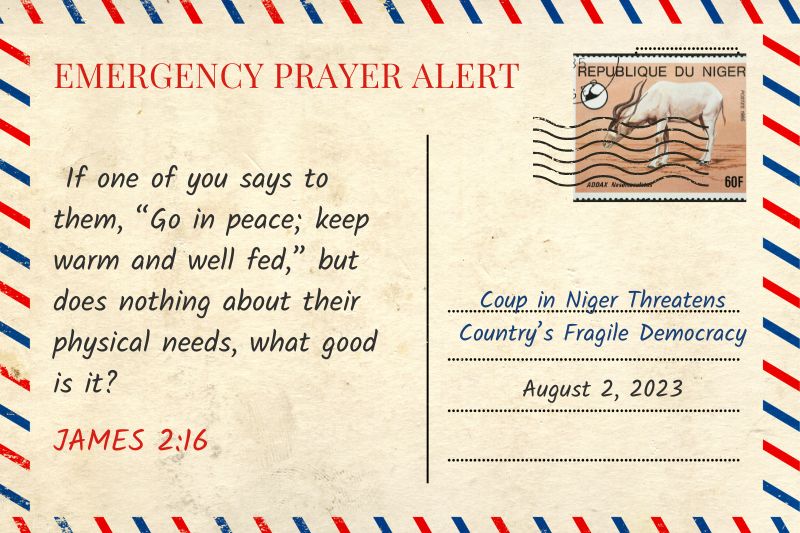Coup in Niger Threatens Country’s Fragile Democracy

Since the 1990s the West African regional body (15-nation bloc) ECOWAS has been unsuccessful in protecting democracies against the threat of coups. Its latest victim is Niger. Both the United States and France have sent forces and humanitarian aid to Niger, a former French colony. This latest coup ousted President Mohamed Bazoum from office. Niger is one of the West’s last democratic partners against Islamic extremists in West Africa. There are rising concerns that this political crisis could stand in the way of the country’s fight against jihadists and could boost Russia’s influence in West Africa. It is a delicate balancing act.
President Mohamed Bazoum was elected two years ago in Niger’s first peaceful transfer of power since independence from France. Many see Niger as the last reliable partner for the West in the battle to thwart jihadists linked to al-Qaida and the Islamic State group in Africa’s Sahel region. Russia has shown keen interest in the area because it’s a large producer of uranium. If the United States designates the takeover of Niger as a coup, the country stands to lose millions of dollars of military aid and assistance.
Complicating matters, hundreds of people gathered in protest shouting and waving Russian flags, “We’re fed up. We are tired of being targeted by the men in the bush….We’re going to collaborate with Russia now.” The coup threatens the region’s stability and its commitment to democratic standards. The United States has been heavily involved in providing military assistance and training programs since 2012 and has more than 1,000 service personnel in the country. The acting head of the UN in Niger said humanitarian aid and deliveries were continuing even though the military suspended flights carrying aid.

